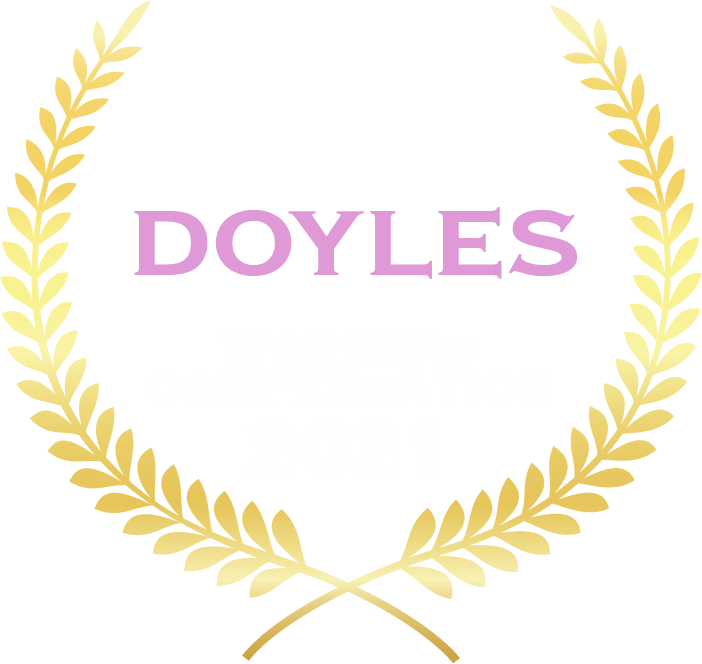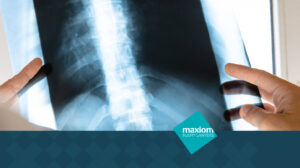Melbourne work injury lawyer Sach Fernando recently obtained a common law damages settlement of $135,500 (including impairment benefit) on a pain and suffering basis for a young veterinary nurse who was bitten by a cat.
The facts of this case are outlined below.
Background
A 35-year-old veterinary nurse sustained a serious work injury to her right forearm and wrist when she was suddenly bitten by a cat. These injuries occurred whilst our client was assisting a co-worker to remove an intravenous cathether in a cat that was waking up from surgery.
Prior to the bite, our client had suffered from right hand injuries including a fracture and pre-existing ganglion. These injuries were aggravated by the cat bite.
Treatment
Our client was taken to hospital where she underwent a right forearm and wrist debridement and washout surgery. She subsequently underwent an excision of a right dorsal wrist ganglion and a right wrist dorsal injection.
She also underwent conservative treatment including physiotherapy and psychology to manage her injuries.
Despite the treatment, her doctors opined that she had suffered from serious personal injuries diagnosed as chronic pain of her right wrist, hand and thumb. She was also diagnosed with a psychiatric injury in the form of adjustment disorder with mixed anxiety and depressed mood with features of traumatisation and a remitted alcohol use disorder.
Pain and Suffering Consequences
Pain and suffering damages are designed to compensate individuals for their hurt and loss of enjoyment of life following an injury. We provide an outline of how pain and suffering compensation is assessed in the link.
Our client (the Plaintiff) sought to claim Workcover compensation for her personal injuries, arguing that her right hand injury had resulted in her loss of enjoyment in life, particularly due to the following consequences:
- Throbbing pain and restrictions in her dominant hand.
- Her dexterity and fine motor skills being significantly reduced including movements such as gripping, lifting and writing.
- She found basic self-care difficult such as removing clothing and grooming her hair.
- Her injuries impacted her ability to return to veterinary nursing and working with animals, which was her passion.
- Prior to her injury, she enjoyed going to the gym and participating in high intensity classes. She used to see herself as someone who was very fit and strong. She has since been unable to go to the gym in a sustainable way.
Negligence
We argued that her employer (the Defendant) did not have a proper system in place as to the removal of IV cathethers and transferring animals. In fact, the Defendant had asked the Plaintiff to draft a Standard Operating Procedure following her injury.
We further argued that the Defendant employer was vicariously liable for the actions of the co-worker who removed the IV catheter prematurely, failed to provide appropriate training in removing IV cathethers and transferring animals, and importantly, that the Defendant has disregarded complaints made by employees regarding the lack of structure with handling animals.
If you have been injured at work, we can help.
Please contact us on 1800 853 085 to discuss your matter with one of our friendly personal injury lawyers.











